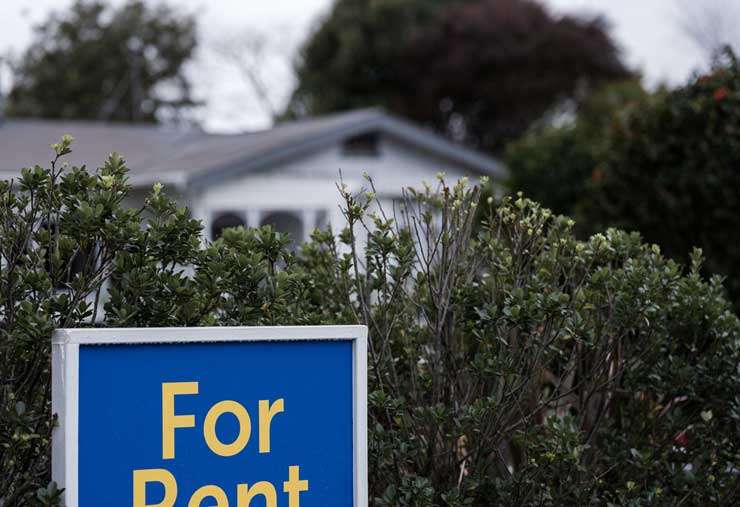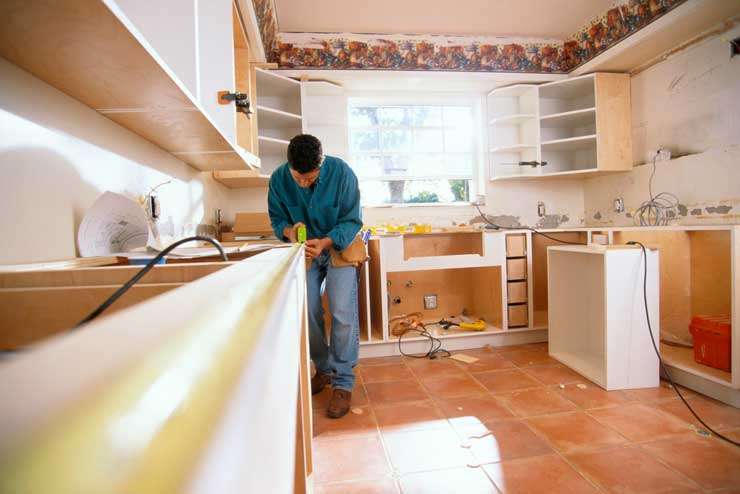What does 2022 hold in store for property buyers and sellers? OneRoof asked experts for their predictions. It’s a tough year to predict, with so much uncertainty around everything from Omicron to inflation.
First home buyers
Life has never been easy for first home buyers. The Government inadvertently piled on the pain last year by tightening up the Credit Contract and Consumer Finance Act (CCCFA). The new rules from December 1 caused banks to question every last piece of avocado on toast eaten by wanna-be first home buyers, shutting many out of borrowing.
Start your property search
The intention of the legalisation was to clamp down on dodgy consumer lenders. But it backfired hitting first home buyers and others.
Mortgage broker Stuart Wills, who founded the Kiwi First Home Buyers Group NZ on Facebook, says: he wouldn't be surprised if there's “political pressure to change some of the settings for first-time buyers”. That includes the CCCFA and could extend to making the government’s First Home Grant and First Home Loan schemes.
Currently buyers in main centres struggle thanks to the bar being set too low on incomes and purchase prices. Wills adds: “I don’t think property prices will skyrocket. But they won’t come down. They might just level off which makes it easier for first home buyers to catch up on deposits.”
Investors
Property investor and owner of iFindProperty Nick Gentle agrees that a number of policy/regulatory/tax changes by the Government as well as sharply rising prices are acting as deterrents to investors and even leading some to consider exiting the market in 2022.
The increased pressure on investors includes tighter loan-to-value-ratio (LVR) rules, an extended “bright line” test taxing gains for 10 years, the new CCCFA rules making it harder to borrow and the removal of the ability to claim tax deduction on interest payments. Investors also face interest rate rises and more expensive houses to buy.

A property for rent in Auckland. Investors face tougher buying conditions as a result of changes in 2021. Photo / Ted Baghurst
That doesn’t signal the end of investing, however, says Gentle. “The end of the world comes along every three or four years, doesn’t it? One group of investors may pull out, but more will come along and find a way to make it work.”
Gentle predicts the investors who will flourish in 2022 are those who take it slowly and invest for cash flow first before capital gain. “That’s investors who are paying down their properties, have sensible debt (and) are willing to grind through it and create value. The people who are going to struggle are those who are looking for capital growth. They have on the basis of strong personal incomes bought properties that have low rental yields.”
Rising interest rates are a concern for investors and there is a concern about rent controls, says Gentle.
Renovators
Renovators face a difficult year thanks to unpredictable supply chains and pressure on labour costs. Add to that the ability to borrow to finance the work, which could prove one hurdle too many for New Zealanders dreaming of renovating their homes in 2022.
Mortgage broker Campbell Hastie, of Hastie Mortgages, says the CCCFA changes could stop some renovators in their tracks. The other issue, says Hastie, is the tension between banks requiring a fixed price contract for work, and builders being unable to provide one.
“Because the cost of silicone and timber and Gib board and all the rest of is going up, the builder can’t give you as much clarity as he might have been able to in the past. Banks are also asking for additional information or verification from a quantity surveyor before lending.”

Kitchen renovations could take longer as a result of rising labour and material costs. Photo / Getty Images
Hastie has seen banks cut the amount they will lend on a renovation from $550,000 to $450,000, meaning the borrower can’t do such an extensive renovation.
John Tookey, professor in construction management at AUT, says the availability of materials and labour shortages are going to make it tricky this year.
The problem with putting off the job, he says, is that we don’t know how the currently difficulties could last for. The very worst-case scenario is homeowners might be waiting a decade. “You need to balance the upside gain of renovation against the downside risk of unknown cost and time escalations. This is going to present enormous challenges for the next couple of years as the wrinkles get ironed out.”
Sellers
Caution will rule in 2022, says James Wilson, head of valuations at OneRoof’s data partner Valocity.
Wilson can see a number of submarkets with their own themes, but the word “caution” comes out when he discusses each. For example, owners of lower priced properties will most likely sit on their hands a bit as they did before Christmas, concerned about their ability to buy, if they sell. “If the vendor sells at that price bracket, what else can they buy?”

Valocity director of valuations James Wilson: “Headwinds will not be strong enough to put the prices down just yet.” Photo / Supplied
The top end of town is in a different position to a year ago. “There was definitely a bit of a drop in buyer demand, just before Christmas,” says Wilson. “Auction clearance rates are dropping, and the market is still pretty quiet. You're not really sure what the confidence out there will be. Everyone's a little bit cautious of what's going to happen.”
On the upside for vendors very few properties are being taken to market currently, says Wilson. That means vendors are likely to see relatively high interest. Another positive for vendors is despite interest rate rises, buyers can still afford generally to pay the current market price points for properties, says Wilson. He adds: “Headwinds will not be strong enough to put the prices down just yet. Will we see values continue to increase at near on 30% year on year that we saw last year? I think it's highly unlikely.”






















































































